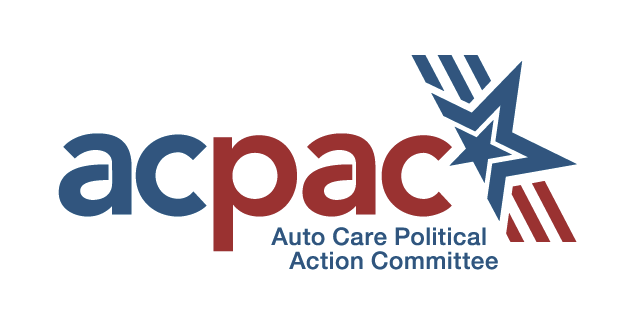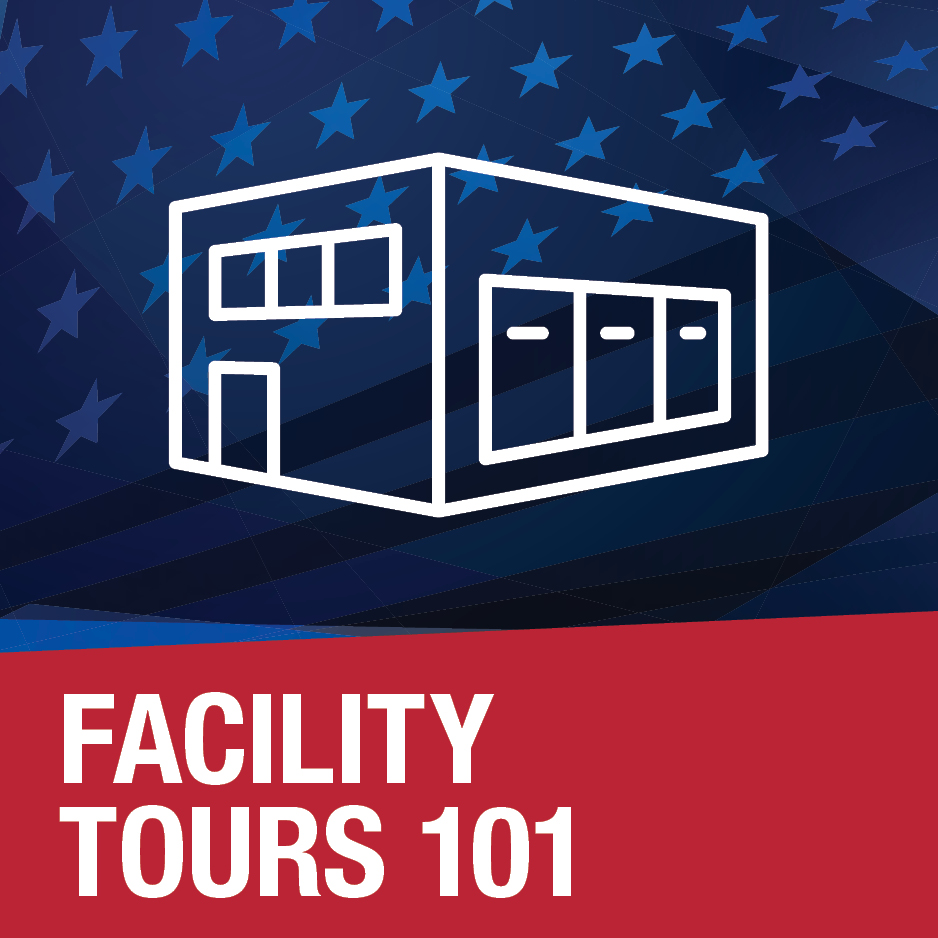
Advocacy 101
How to become an effective advocate?
Grassroots advocacy is using your influence as an industry professional and constituent to educate and engage with lawmakers. Influence comes in a variety of forms, but it all starts with a commitment to become an advocate on behalf of you, your business and your industry.
Why should you become an advocate?
A popular phrase within the advocacy community is “If you are not helping to dictate the terms, the terms will be dictated to you.” In today’s climate, it is imperative that businesses are not only informed when it comes to public policy, but also proactive in working to shape it. Getting involved in advocacy presents a meaningful opportunity to impact the future of your business and your industry.
View our Advocacy Toolkit to learn about the issues, key people in politics and how to get engaged
Advocacy has a low barrier to entry and there are many ways to participate. The below list includes examples of proactive advocacy actions, some of which you and your company may already be doing!
Legislators are always looking to meet with constituents back home in their district or state, especially in the months leading up to an election. Even a 30-minute facility tour visit to share the impact of your business on the community opens their eyes to how laws and regulations affect their constituents.
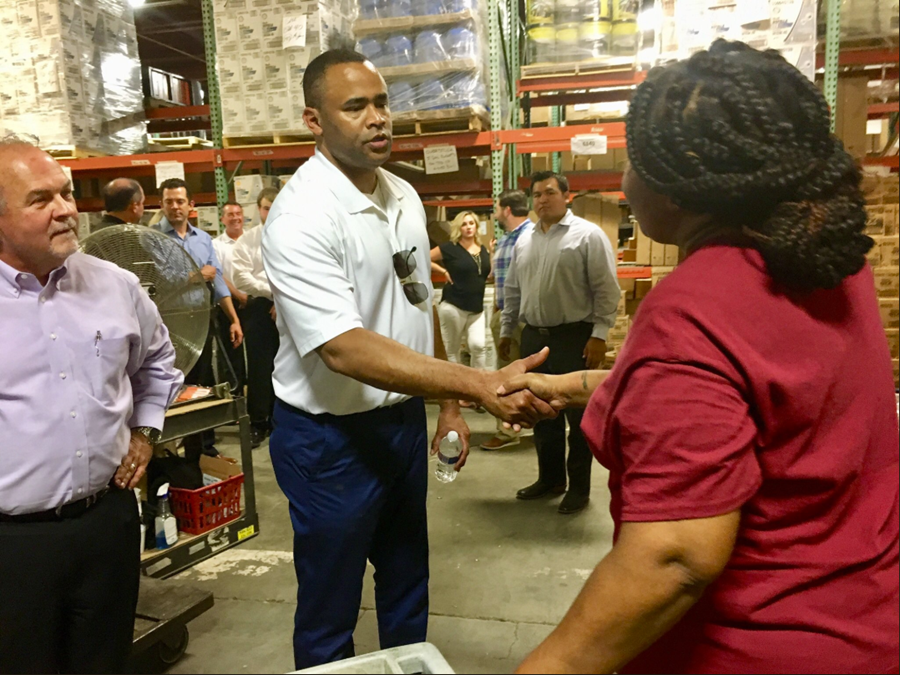
Legislator’s schedules are constantly in flux so sometimes a facility tour is not possible. However, there are a variety of other ways to meet with your legislators back home, including scheduling an in-person meeting at their local office or attending an open event. While town halls and networking breakfasts include other constituents with separate interests, legislators will spend time listening to each attendee and asking questions. The more often you can get in front of an elected official, the more likely he or she will remember you.
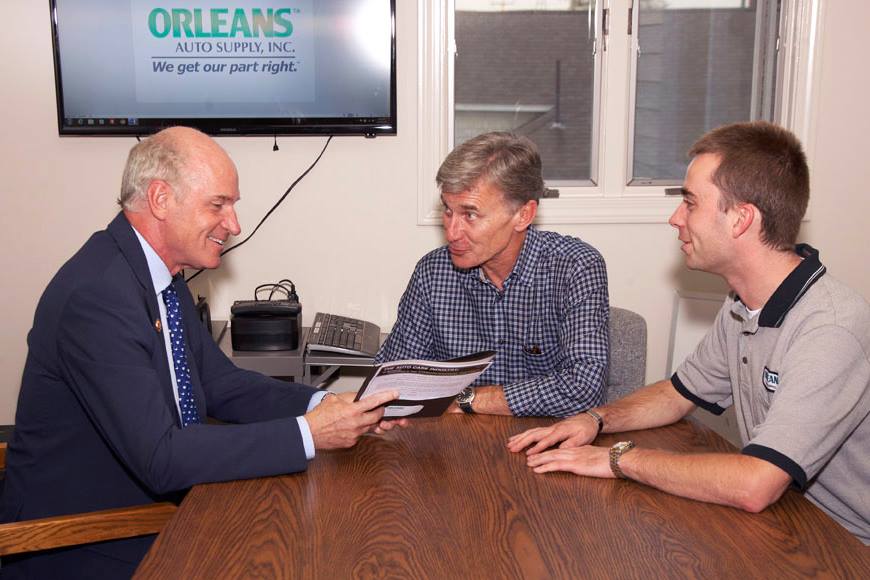
Every two years, the Auto Care Association hosts the Auto Care Legislative Summit where industry professionals from across the country fly into Washington, D.C. to meet with their members of Congress. The Auto Care Associations handles all of the logistics, including preparation, training and scheduling. All you have to do is show up.

Local media enjoy writing stories about issues that impact the communities they serve. When a law change affects local business, it is important for you to speak up and share your side of the story. In addition, responding to an interview request from a reporter can raise your company’s profile and get your perspective out into the public realm. Here is an example of a member media interview.
Personal communications go a long way in getting your message across. Legislative offices receive thousands of communications every day from a wide range of sources, but a personal, thoughtful outreach from a constituent is the most likely to produce a response. Visit Auto Care’s advocacy website to find talking points and contact information.
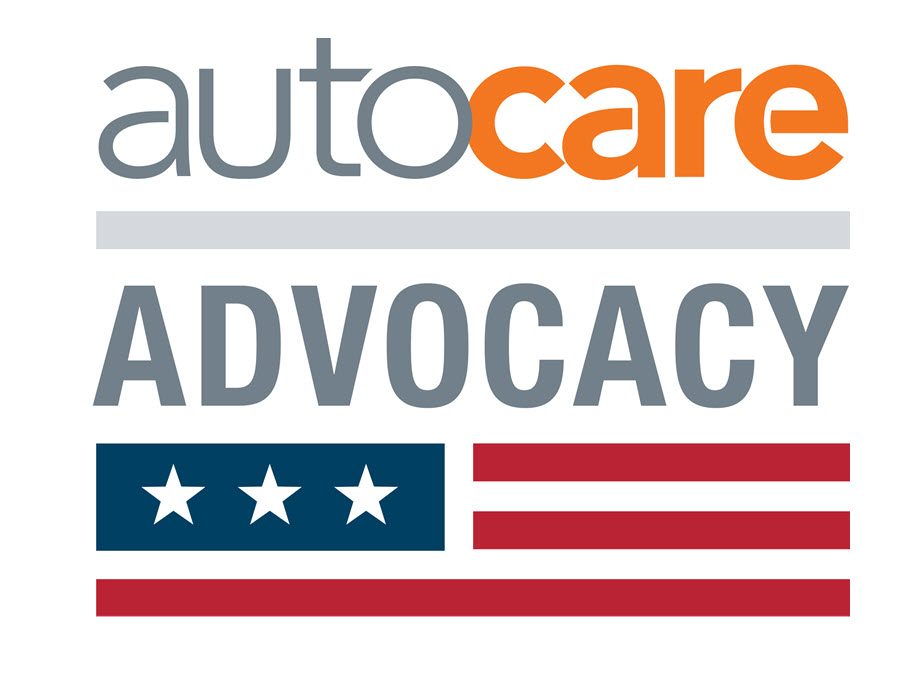
Relationships drive advocacy. Lawmakers will always turn to those they trust when debating their position on a particular issue. As an influential constituent, you have the opportunity to cultivate those relationships with either lawmakers themselves or, in many cases, with their legislative staff. Staff are often overlooked by advocates, but given that these individuals are the lawmaker’s most trusted policy experts, relationships with staff can be just as meaningful.
While advocacy tends to focus on public policy and constituent services, party politics and elections can be effective mediums for raising your advocate profile. Auto Care operates the Auto Care Political Action Committee (ACPAC), which pools member donations to support congressional candidates who support the industry, but local fundraisers or campaign volunteer opportunities present additional paths to get more involved.
